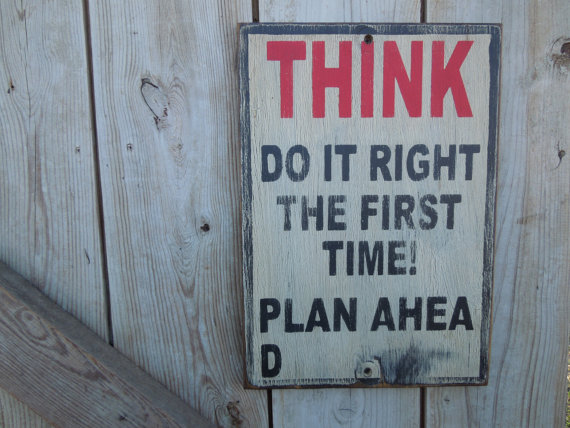
*Warning – The following post contains my own personal opinions on dementia care in 2017 and beyond. It is not intended to be disrespectful to anyone but more so spark ideas and some action in the community. Is this post emotional and created without complete knowledge of the politics and every single aspect?…Absolutely!…. Dementia is important…Dementia is different….and with me….. “It’s Personal!”.
The Blueprint:
• Government to acknowledge and address the growing tsunami of people with dementia and allocate adequate funding and resources to match.
• All hospitals to consider new pathways into the ED (Emergency Dept in Hospital) for older persons and especially those with dementia. Lighting, sound, environment, staff training all to be considered.
• Set up a Dementia Taskforce in each state to plan for the future, and have strategies and initiatives being discussed NOW.
• Have strategies to reduce ‘Code Blacks’ and have restraint as a last option, not a first option.
• Create purpose built dementia related facilities to cater for people with BPSD and other difficult conditions that cannot be handled by aged care facilities. (similar to Ward 18 and GEM units)
• Research for a cure is really important but so is managing the 400,000+ people already with dementia in Australia. Maybe the funding allocation for caring versus research should be reviewed? (I am not across the %’s here)
• Acknowledge and start genuinely caring for people under 65 of years age with dementia (younger onset dementia) and have age appropriate facilities for them in a central location (in four directions may be a bit unrealistic at this stage). The facility environment should be conducive to younger people and the person with dementia be considered with every single decision. No more people under 65 with dementia being placed in nursing homes.
• Aged care facilities to allocate their most passionate and best qualified carers to the people with dementia requiring the most care. Eg BPSD, Stage 5,6,7, and those in Memory Support Units. These people are so vulnerable and need the best care we can provide from those who want to be caring in that space.
• Media is to be encouraged to no longer promote false hope for families and stop writing about snake oil cures and listing off things that ‘may’ help with dementia. If there is no actual proof that something works, then it is not news.
• Encourage real life stories and personal accounts to be published in the media to create awareness. The ‘lived experience’ is really powerful and cuts through as it is genuine and sincere and demonstrates the hardship on a grass roots level.
• Our security teams in hospitals and dementia related facilities to have extensive ‘dementia specific’ training and formulate a different protocol for handling people with dementia.
• Stricter rules on ‘driving with dementia’ – The declines can happen rapidly and someone who is driving ok this week can end up driving through a shop window the next. This could save lives.
• Disabled toilets and bathrooms to cater for ‘people with dementia’ (and their caregivers) equally to other disabilities. Eg. space & equipment for carers within bathroom, appropriate and dignified signage etc
• Public spaces eg parks/playgrounds could all become ‘Care Parks/Playgrounds’ (or something similar) and facilitate everyone with a disability or cognitive impairment. One standard policy that covers everyone. We should all be considered and treated equally.
• Dementia will eventually be the no.1 leading cause of death in Australia (currently 2nd)….We need to prepare NOW.




 Facebook
Facebook Twitter
Twitter LinkedIn
LinkedIn